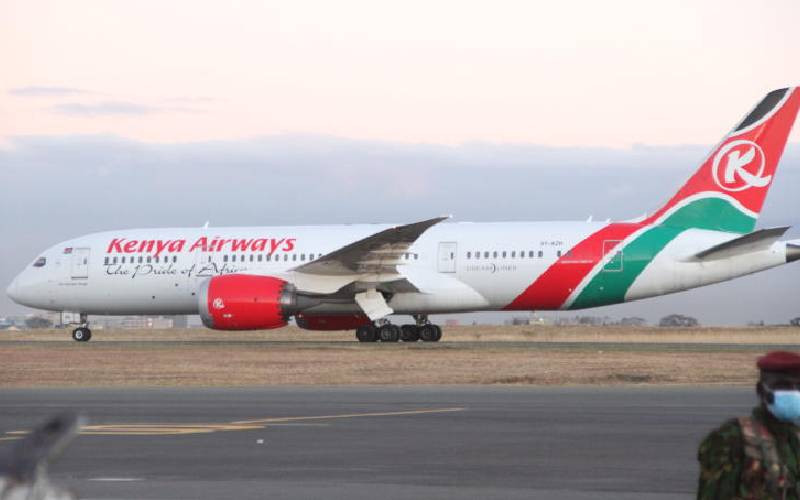×
The Standard e-Paper
Stay Informed, Even Offline

It is obvious that the global economy is in flux. The world appears to be lurching from one crisis to another. Nothing seems certain.
Nothing is as predictable as it was five years ago. In Africa, nowhere is this reflected more accurately than in the state of foreign exchange (forex) reserves of many countries.